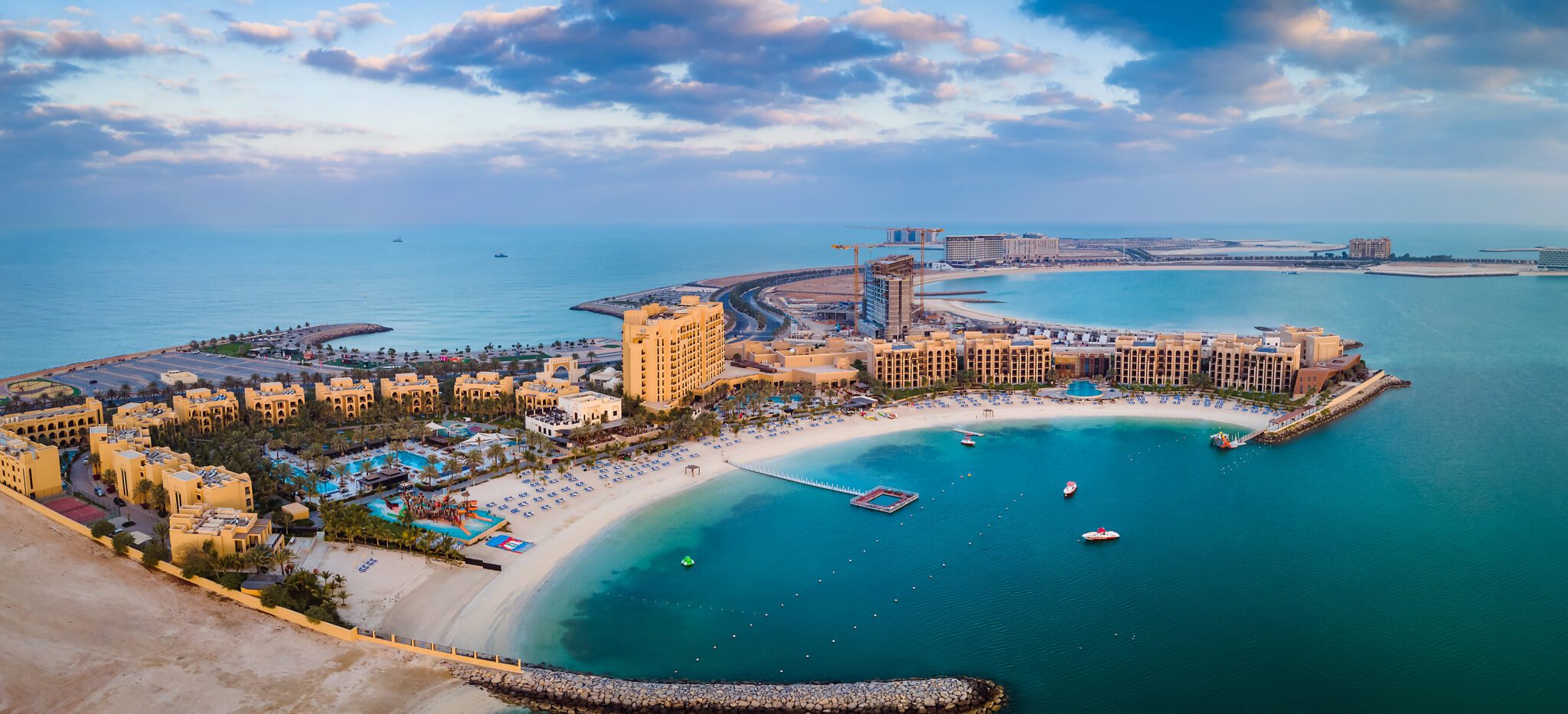Ras Al Khaimah Goes After Indian Tourists, Dubai's Biggest Source Market

Skift Take
The northern emirate of Ras Al Khaimah has its eyes on India for inbound tourism. That on its own isn't new - just about everyone wants to tap into India's growing middle class. But in doing so, RAK could chip away at Dubai's largest source market.
Ras Al Khaimah brought in 618,600 tourists in the first half of this year, up 3.4% year-on-year. India was the number 6 source market: 4% of those travelers came from India, or 12,582.
Speaking Thursday on local UAE radio Dubai Eye, Ras Al Khaimah Tourism Development Authority chief Raki Phillips said India has immense potential, as does wider Asia.
"Ras Al Khaimah is primarily a leisure destination, 90% of our tourists come for a vacation. India for us is a tremendous source market. IndiGo flies here from two destinations," he said. "There are a lot of opportunities in Europe, and we want to explore further East in Asia, those are our new frontiers."
Rather than take potential business away from Dubai, Phillips is calling for travelers to try both in one trip. At Skift Global Forum 2023, Phillips said a unified visa to facilitate travel across the Gulf would make regional tourism more "collaborative."
Dubai stopped reporting its source market data last October, but we know South Asia accounted for 1.6 million tourists in the first half of the year. Of the 17.15 million international tourists in Dubai last year, 2.5 million came from India.
Wynn, RAK and India
All across Middle East travel, leaders are talking about how to tap into India. The upcoming Wynn Al Marjan resort in Ras Al Khaimah has a particular interest in capturing Indian business.
Talking about the Wynn Resorts in UAE’s Ras Al Khaimah, CEO Craig Scott Billings said during the recent earnings call that while Europe is an important market for the UAE in general, India is also a huge market for this part of the world. “There’s a lot of folks there. There’s a lot of wealth in India, and that’s going to be an important market.”
In 2023, 28.2 million Indians traveled abroad, surpassing pre-pandemic levels, while overseas spending hit $31.7 billion, with 54% dedicated to travel.
Phillips said that the upcoming Wynn Resorts project - thought to eventually house the country's first legal casino - could account for as much as a third of the emirate's total tourism economy.
When asked how much of RAK's projected growth will be thanks to Wynn and "new entertainment," Phillips said: "That would probably be a third of the incremental business coming in. The other parts of it will come from our other attractions. What we do really well - everything from UK to India - we capture markets really well. Now we're exploring other Asian markets."
Expanding the Airport
Ras Al Khaimah brought in 1.2 million overnight visitors last year and wants to increase that number three-fold to 3.6 million by 2030.
To achieve this, in addition to alluring projects like the Wynn, RAK needs airlift. The tourism CEO said that the Ras Al Khaimah International Airport plans to triple its passengers by the end of the decade.
He said: "At the airport, we're doing a big expansion to grow it. Last year it had 600,000 passengers and by the end of the decade, we're looking at close to two million. One way to grow it is the cargo business, charter flights and commercial flights."
"We've been pretty active with a lot of airlines, we've had discussions with Gulf Air, Qatar Airways, but we're also talking to international carriers."





